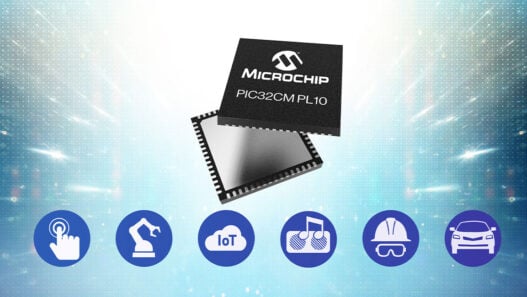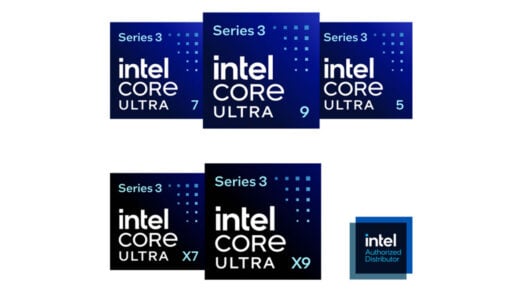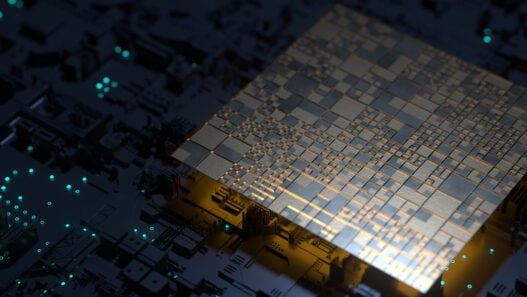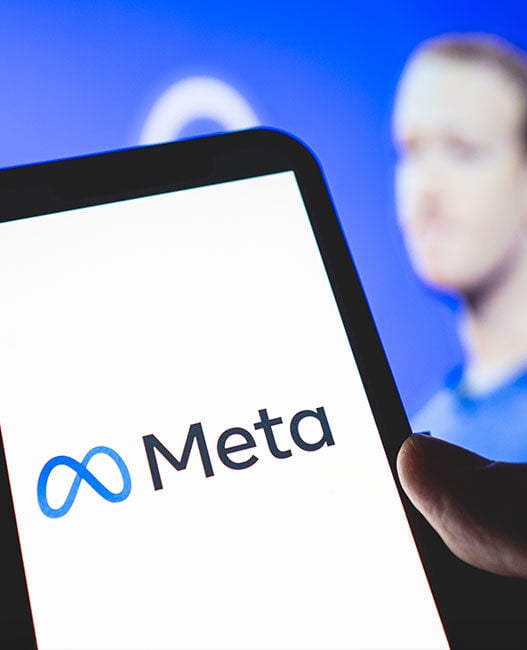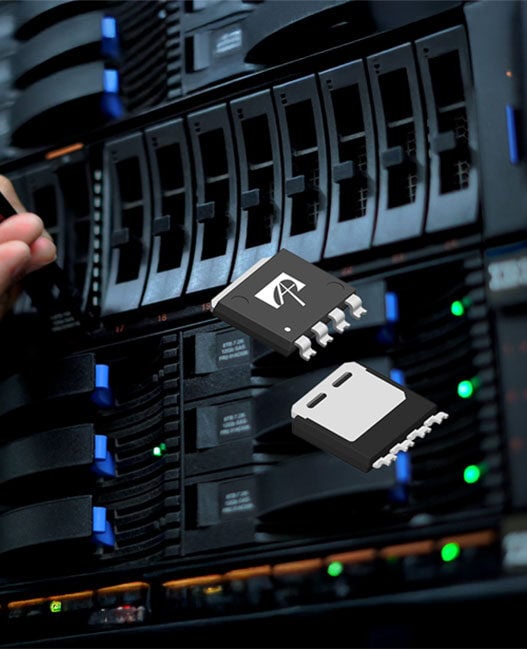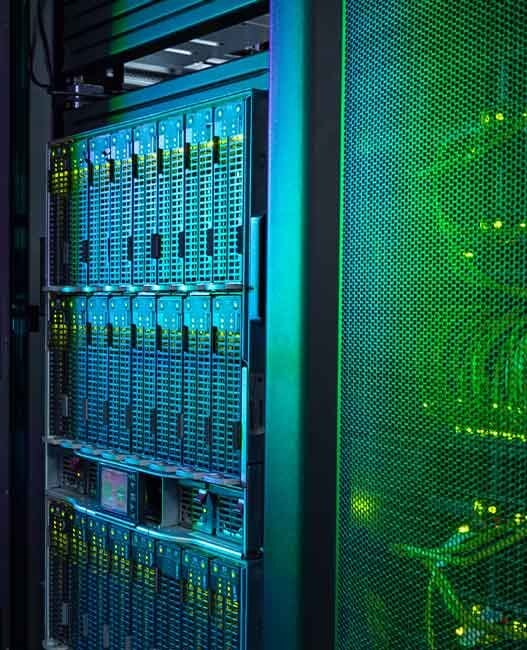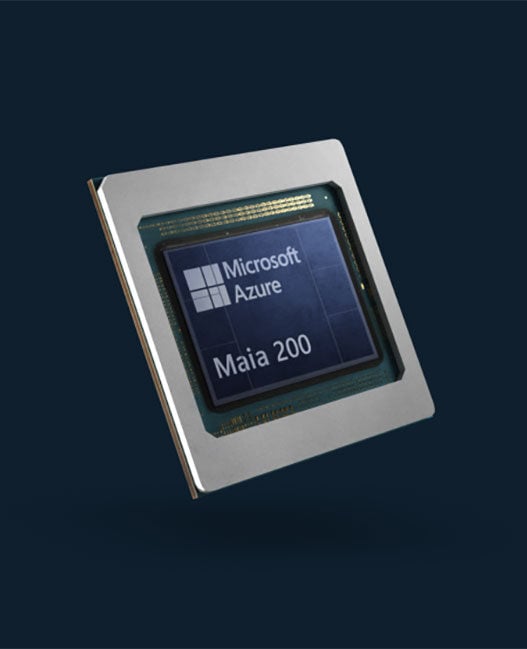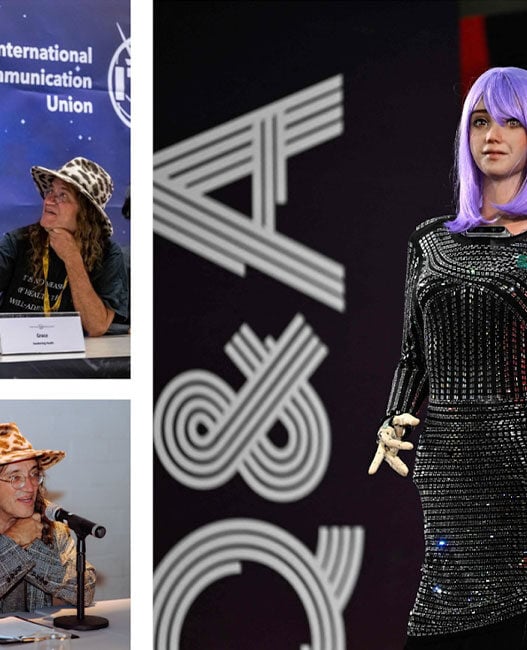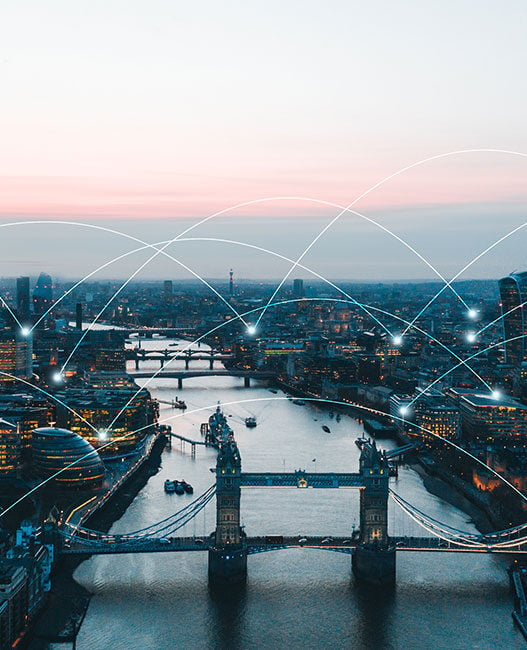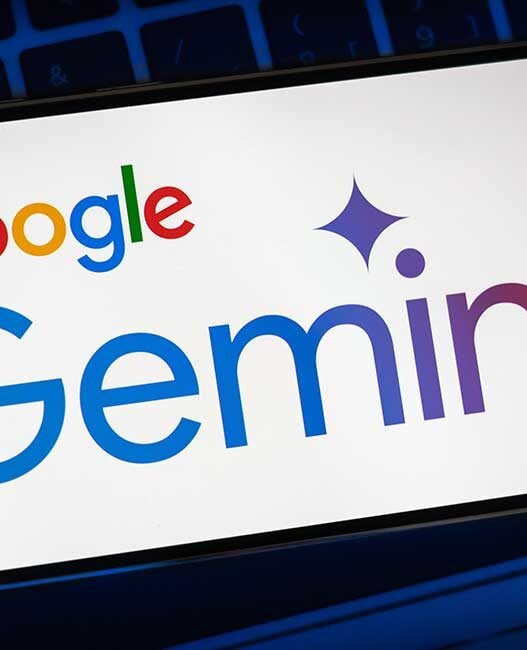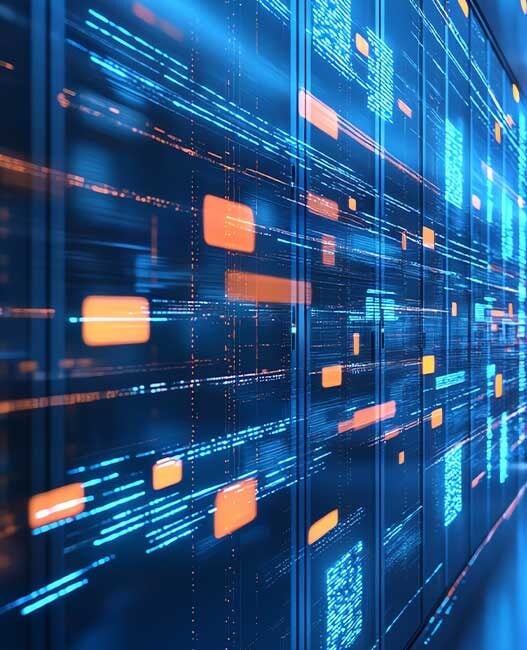The panel started with a brief introduction from all four panellists.
Nabil Chouba, Product Manager, DeepPCB
DeepPCB leverages innovative InstaDeep AI technology combined with powerful GPUs and Cloud infrastructure to offer the first pure AI PCB routing engine. DeepPCB is currently free, and users can get results in 24 hours, not weeks or months. This saves time, accelerates the development cycle, and ensures users can get their products to market faster.
All the solved boards are Design Rules Checked (DRC clean) and fully compatible with KiCad. Routing for PCBs of up to 250 Airwires, four layers is currently available.
Adam Taylor, Founder & Lead Consultant, Adiuvo Engineering
Founded in 2014, Adiuvo Engineering & Training, Ltd. is a consultancy that provides embedded systems design, training, and marketing services. The company’s aim is to help create better engineering AND better engineers.
From satellite systems in space, to predictive maintenance in the factory, to ADAS on the road, Adiuvo has experience helping clients design systems that are reliable and meet the most stringent standards.
Michael Lazarenko, Co-Founder, Embedd.it
Using data parsed from datasheets and developer inputs on system architecture, Embedd generates ready-to-use drivers.
Users can save up to 50 hours per driver – drivers are created in minutes with custom project settings. The code generation technology provides accurate and high reliable code. There is the capability to extract not only tables and functions but also charts and calibration graphs.
Tomide Adesamni, CEO, Circuit Mind
Circuit Mind believes that humanity’s continued march of progress is dependent on the creation of extraordinary hardware inventions. From robots to autonomous vehicles to advanced medical systems, electronic devices are the backbone of our civilisation’s future.
Unfortunately, creating these devices today takes teams of experts months/years of painful, manual, tedious tasks that cost the world billions every year.
Circuit Mind is a movement by the electronics engineers and teams of the future, to build the intelligent platform that will enable them to 100x their life’s work and supercharge our collective humanity.
Electronic engineering teams use Circuit Mind’s intelligent platform to automatically select optimal components, generate and redesign candidate schematics in seconds, with fewer errors.
The introduction was followed with a round of questions for the panel, lead by Tomide Adesamni.
What are the drivers and challenges that are causing executives, managers, and engineers to seek out new tools?
Adam Taylor: I think for me as an FPGA engineer, number one, it’s very difficult to find FPGA engineers in the UK. A joke I like to tell people is that there’s probably more giraffes in zoos than there are FPGA engineers in the UK.
But if you look at the number of FPGA engineers available and look at the number of FPGA designs at the start of every year and look at the size of FPGAs and the complexity of what was put into it, it’s very difficult to be able to write VHDL (Very High-Speed Integrated Circuit Hardware Description Language) and Verilog.
So, people are moving more into the model-based approach and to anything that can help them accelerate productivity. AI doesn’t necessarily have to replace everything, but it can give you about 80% of a solution, that assistance solution, that baseline solution, that you can then go on and build.
The shortage of engineers and the demands that we have and the capabilities that we need going forwards, I think is driving the need for new paradigms.
Nabil Chouba: I think we want to push efficiency high all the time – cheaper, faster, and better. If you look at ChatGPT, it’s able to eat all the data on the Internet and compress it into a few parameters. If we are able to do the same thing for hardware design, that’s going to be a game changer.
This is basically what DeepPCB is doing. We are feeding the agents with a lot of bots that are already routed and we expect them to understand the database and to be able to do the placement and routing and also to read from the datasheet.
Michael Lazarenko: One of the big things that we’ve been hearing from device developers is that everyone is under a lot of pressure. The pressure is coming from the semiconductor market with shortages and changes in supply and at the same time, the pace of semiconductor innovation is also increasing. The pace at which communication standards are progressing is also quicker than it used to be.
Everyone has to adapt and be able to focus on those more complex challenges of actually understanding how those new technologies can be applied and how to integrate them and how to actually utilise them in the right way.
A question for you, Nabil: What key message do you have for any engineers, managers, or executives that are concerned about the IP rules?
Nabil: When customers come to us, they have two things. One is that, if we give you the data, we want to use the advantage of Edge computing for ourselves and two, we don’t want to send our board to your Cloud. We can use your data only for you, we train the agents on your part. Also, if the PCB is Cloud agnostic, we can implement that on your local Cloud or on a local provider. So, by doing this I think we solved the problem of the IP and data.
Adam, what are the key use cases that people are already leveraging in industry using FPGAs to accelerate AI?
Adam: I think in our case, people are accelerating the end product. So, they’re trying to do things such as collision detection, pedestrian detection. We’ve been talking to an interesting company recently that wanted to accelerate the AI for detecting drones using acoustic methods. I think we’re really starting on the journey of finding applications that are going to benefit from the acceleration of AI.
Michael, one of the questions I go up against every single day is the idea that electronics engineers and software engineers think that AI is going to replace them. So, is AI a threat to job security?
Michael: We do believe that there is a lot more value added to be focusing on high level application, to be focusing on debugging and, at the same time, there are a lot of tasks and challenges that do not really require so much human computing capacity. And we really believe that it’s not going to take up your job in any meaningful amount of time but it’s definitely going to make your job different. It will take over the sort of boring, annoying things that previously took a lot of time and reallocate it somewhere else so you can add a bit more creativity and value as a developer.



